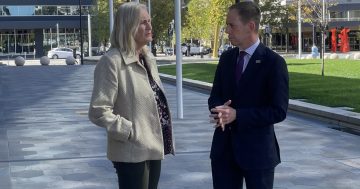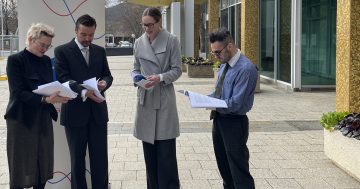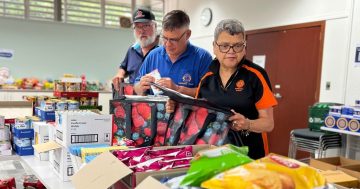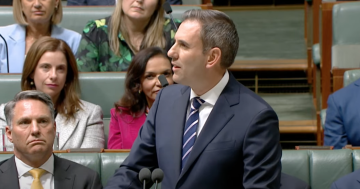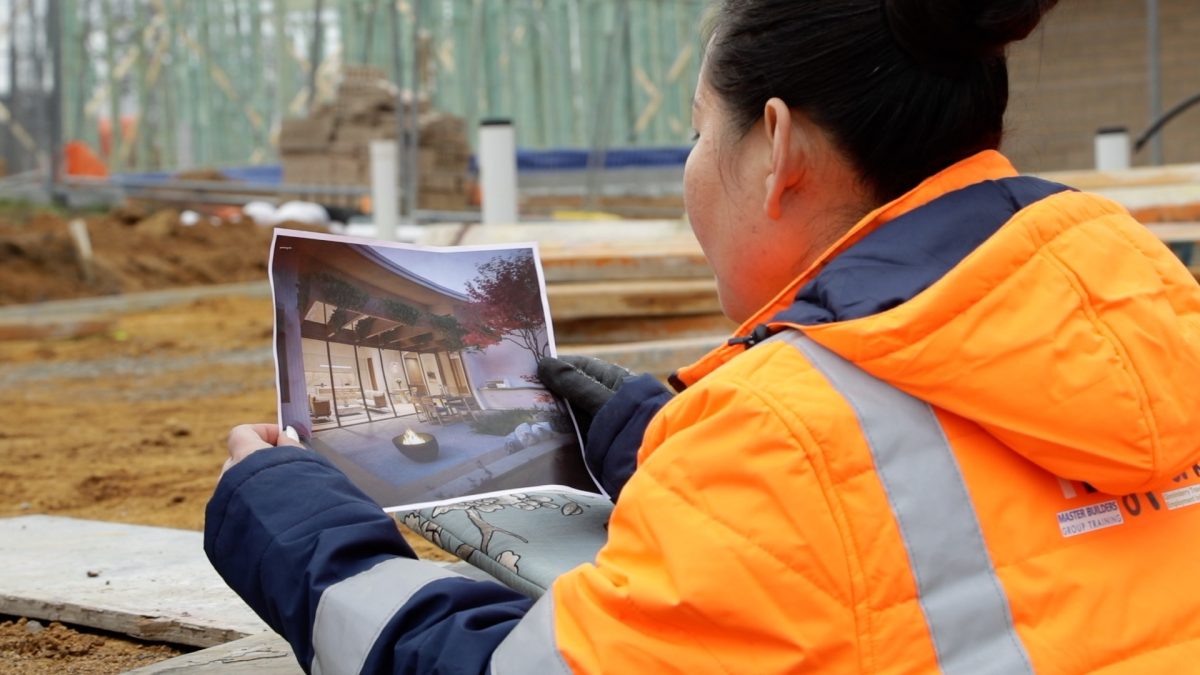
A one-off payment to apprentices recognises their financial pressures. Photo: Region.
The ACT Budget will include a package of cost-of-living measures to assist student, trainees and households to help them pay their utility bills.
As flagged in Region‘s pre-Budget interview with Chief Minister and Treasurer Andrew Barr, there will be a new, one-off $250 payment to support local apprentices and trainees.
The government says apprentices and trainees have a restricted earning capacity while in training and the new payment recognises the financial pressures these Canberrans are facing.
Eligible apprentices and trainees will be contacted by the end of September and will not need to apply for the payment.
The Future of Education Equity Fund, which supports students and families in need and helps them with the costs of their education, will also be boosted with an additional $1 million.
So far in 2024, the Fund has supported more than 5000 students in Canberra.
Education Minister Yvette Berry said the expansion of the Education Equity Fund would enable the ACT Government to support more students and their families with a range of school expenses, including items or activities to enrich their learning.
“Importantly, this additional funding will help us further improve equity and access – principles central to the ACT Government’s Future of Education strategy,” she said.
Over 40,000 low-income households in Canberra will also benefit from an increase to the Electricity, Gas and Water Rebate.
The payment will be increased to $800 per year. The government says that when combined with the $300 Federal Government energy payment, one in five Canberra households will receive $1100 in assistance towards their energy bills.
For those needing extra assistance, the Utilities Hardship Fund will be expanded, including increasing vouchers from $100 to $300, to support more households to change their energy use.
For renters, the Rent Relief Fund will be extended to support more low-income Canberrans who are experiencing rental stress or severe financial hardship.
Attorney-General Shane Rattenbury said the additional funding for the Rent Relief Fund was a lifeline for the ACT’s most vulnerable renters, offering them much-needed financial support to stay in their homes and maintain stability during these difficult times.
Public transport concession fares will now include Canberrans with a Commonwealth Low-Income Health Care Card to support more people using buses and light rail.
There will be more funding to Roundabout Canberra, Scouts ACT, Fearless Women and Women’s Health Matters to support these community organisations to continue delivering essential services to vulnerable Canberrans.
Additional funding for emergency material and financial aid programs and food relief services will support vulnerable Canberrans in need of food and other necessities.
Minister for Community Services, Seniors and Veterans Emma Davidson said an additional $913,000 for food relief would support the community’s access to essential grocery items.
“It will ensure Uniting Care Kippax, The Salvation Army, St Vincent de Paul, Foodbank and Ozharvest can meet increasing demand and help Canberrans to meet their essential needs,” she said.
Greater assistance through the Taxi Subsidy Scheme will include increasing the subsidy for ride users, further reducing out-of-pocket costs for vulnerable Canberrans.
The Life Support Rebate will be increased to $150 a year to support more Canberrans using electric life support equipment to treat a life-threatening condition.
Mr Barr said the government continued to deliver targeted cost of living support, helping those who needed it most.












